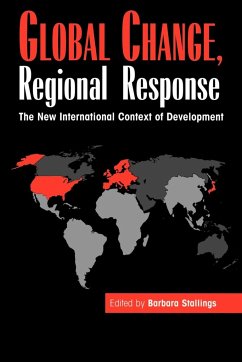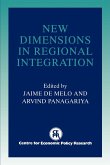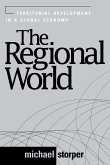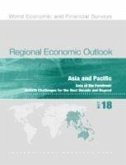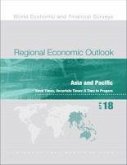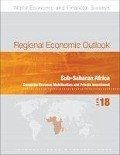This book offers a new perspective on the study of contemporary development. Part I explores how the end of the cold war, shifting relations among capitalist powers, globalization of trade and production, changing patterns of finance, and new ideological currents have altered the development context in four major third world regions. Part II suggests how different regions responded and development options were molded by the dominant international power in each region: the United States in Latin America, Japan in East Asia and Southeast Asia, and Europe with the international financial institutions in Africa. Part III provides a conceptual framework for analyzing regional performance: variation in economic capacity, trade opportunities, and access to finance shaped the development chances of each region, producing dynamism in Asia, slow growth in Latin America, and economic contraction in Sub-Saharan Africa during the 1980s and early 1990s. It also speculates about future trends based on various development models and international relationships.

